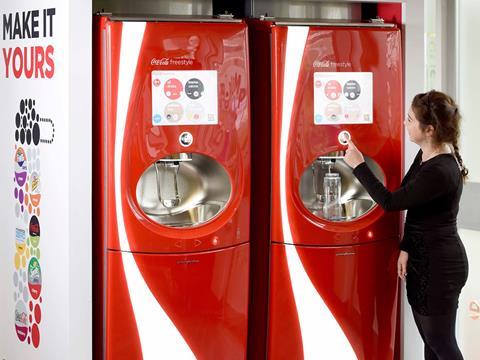
The Coca-Cola Company in Western Europe and Coca-Cola European Partners have launched a first ever joint Sustainability Action Plan for western Europe, entitled ‘This is Forward’, setting out new commitments on drinks, packaging and society. Developed through a consultation process encompassing 100 stakeholders, governments, NGOs and customers, as well as 12,000 consumers and a thousand of its own employees across Europe, the plan sets respective targets of 100 per cent packaging collection and 50 per cent recycled content for PET bottles by 2025. Joe Franses (vice president, Sustainability, Coca-Cola European Partners) and Ulrike Sapiro (director of sustainability, Coca-Cola Western Europe) reveal the iconic brand owner’s packaging strategy to Packaging Europe.
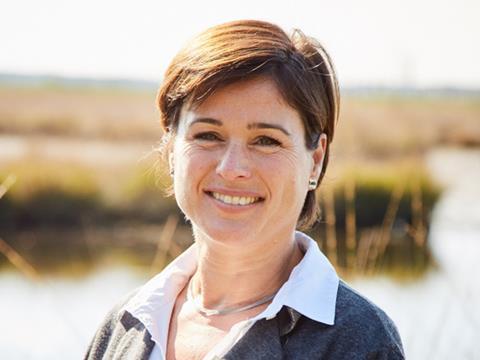
‘This is Forward’ sets out an aim to collect 100 per cent of Coca-Cola’s packaging in western Europe. What concrete steps and collaborations do you have in place to realise this?
Our packaging is a valuable resource, so we are determined to do everything we can to ensure that it does not end up as litter or in our rivers and oceans. All of our cans and bottles are already 100 per cent recyclable and we have made considerable progress in the collection and recycling of our packaging, but in many of our geographies in western Europe we still have a lot to do, working with municipalities, industry partners and consumers, to ensure our packaging is collected and recycled.
In all of our markets in western Europe, we are partners in local household collection or deposit return schemes and we aim to lead the way in driving a step-change in packaging collection, especially in markets where recycling rates have stalled. This includes work with organisations such as Valpak in Great Britain, Citeo in France, and Ecoembes in Spain. We will also work with partners such as Every Can Counts on recycling campaigns in Great Britain and with Chaque Canette Compte in France.
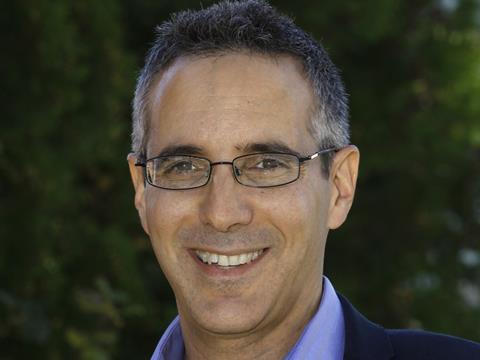
You also want to encourage consumers to play their part. What kinds of initiatives do you have in mind?
We’re continuously trying to engage consumers to ensure that we keep them actively involved in the big issues facing society – and that includes packaging. We know that consumers have an important role to play in ensuring that our packaging is collected, sorted and recycled and does not end up as litter or in the oceans. With this in mind, we are using our business and our brands to inspire everyone to help us recycle and avoid litter. The ‘A Bottle Love Story’ campaign in Great Britain is the first in a series of activities that aim to influence consumer behaviour around recycling and is a great example of what we would like to do more of in the future.
We have also recently partnered with The University of Reading to trial a new initiative aimed at reducing the amount of packaging we use. The programme combines a new generation of smart Coca-Cola fountain dispensers, called Coca-Cola Freestyle machines, with refillable containers that are micro-chipped to interact with the dispenser technology, allowing students and staff to reuse their bottles. The goal of this initiative is to help students and staff across the university to reduce their personal packaging footprint.
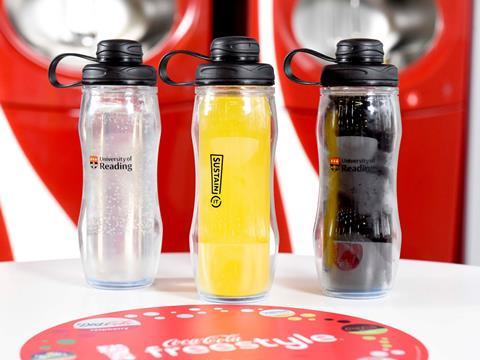
You have had high-profile usage of both recycled plastic and bioplastics. Are you coming to a view on the relative merits and high-volume potential of these as alternative feedstocks?
Using recycled material in new bottles and cans keeps valuable resources in a circular economy, encourages recycling and significantly reduces the carbon footprint of our packaging. We believe that using both recycled PET and PET made from bio-based, renewable material, alongside a lighter, fully recyclable bottle design creates the most sustainable pack.
We led the way in introducing recycled PET into our packaging and brought PlantBottle, the first fully recyclable PET plastic beverage bottle made partially from plants, to market with over 40 billion bottles worldwide. We are now leading the way in Europe using more recycled PET than any of our competitors.
We will continue to work with our suppliers and invest in the recycled PET value chain. By 2025 we aim to more than double the amount of recycled PET we use, so that 50 per cent of all the PET we purchase will be recycled PET.
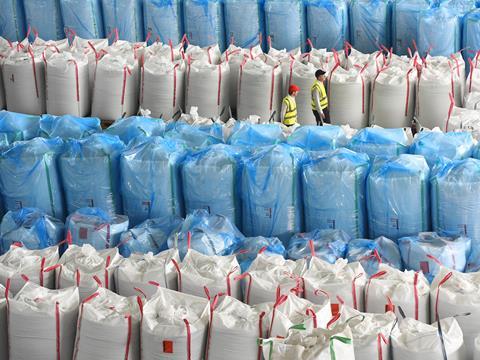
Currently there is a strong media and political focus on the problem of packaging waste, in particular plastic waste. Would you agree that it’s important to step back and take a more holistic view of the product lifecycle, taking into account overall carbon footprint, and not fixating solely on the issue of waste and recyclability?
Yes, we believe it’s absolutely essential to take a holistic view and that’s why ‘This is Forward’ also includes new carbon reduction targets - for both our own business and our value chain - which are fully aligned with climate science and have been validated by the Science Based Targets initiative (SBTi).
Suppliers play a vital role in helping us deliver these goals, so we work very closely with them and have a number of initiatives in place. Our ‘Carbon Challenge’, for example, is a three-stage program designed to encourage suppliers to make progress towards achieving their carbon management goals.
We’ve also made significant investments in energy efficiency and renewable energy which have reduced greenhouse gas emissions related to our core business operations in western Europe in absolute terms by 42 per cent since 2010. Our business will continue to grow and with continued investment in low-carbon technologies and renewable energy we are aiming to achieve an absolute 50 per cent reduction versus 2010 by 2025, irrespective of business growth.
What about deposit/return systems?
There are different collection, sorting and recycling schemes in place across all the countries in which we operate. Some of these focus on household kerbside collection and recycling whilst others have well-established deposit return schemes for beverage packaging. In some European countries, we’ve seen how deposit schemes can play a positive role and be an effective way to encourage the recovery of more beverage packaging.
For a deposit system to be successful, however, it must work for all stakeholders across the value chain, and be underpinned by a circular economy strategy. We are very keen to support the trial of well-designed deposit return schemes to understand the role they could play in increasing the recycling of our packaging and reducing litter.
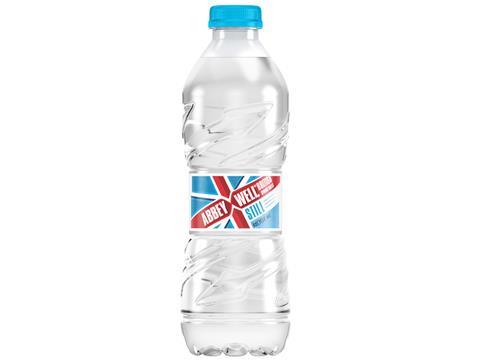
Is Coca-Cola actively working on boosting sustainability through packaging innovations and processes?
We want to go further, supporting innovation into new packaging materials and new ways to reduce the need for packaging and minimise waste. We believe that collaboration is critical to help us meet the targets in our Sustainability Plan, so we work closely with our stakeholders to develop innovative new solutions to shared problems. An example of this is the launch of a newly redesigned plastic bottle for our Abbey Well Spring Water brand. The ‘twistable’ design uses up to 32 per cent less plastic, and carries a prominent ‘Recycle Me’ message to remind consumers that the bottle is recyclable. Its design also makes it easy for consumers to crumple it down before disposing of it.













